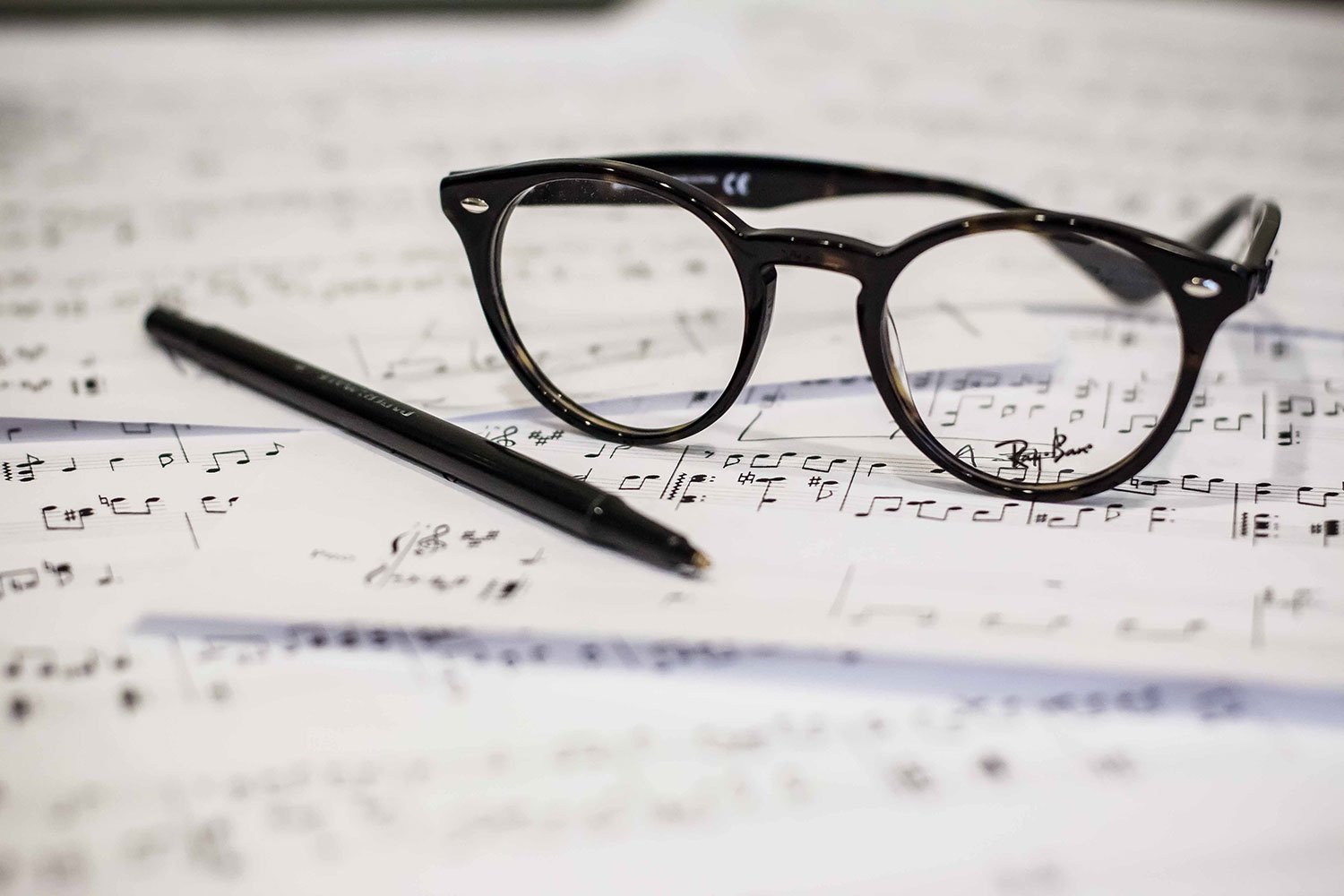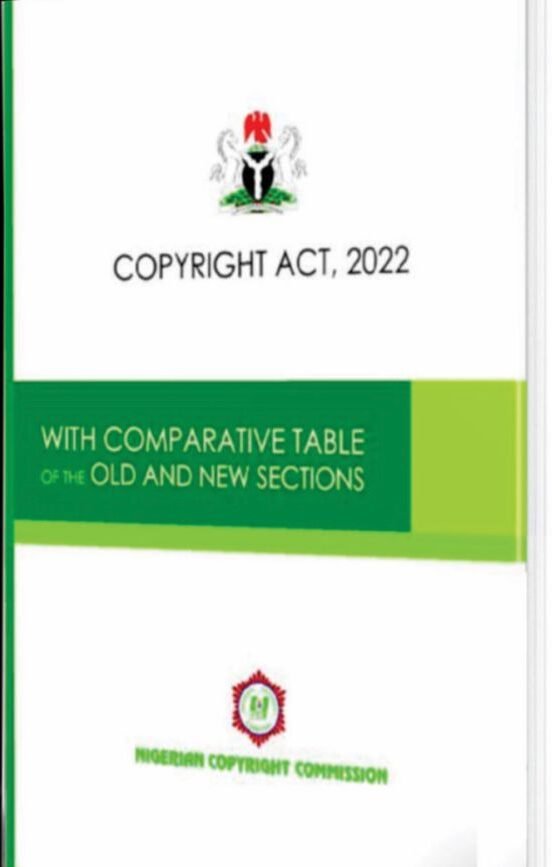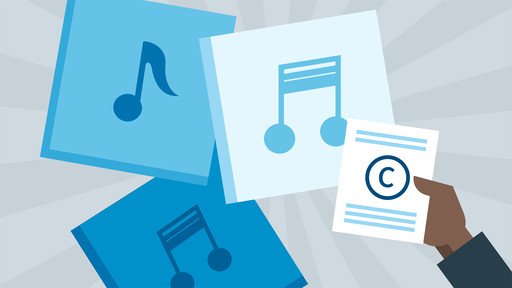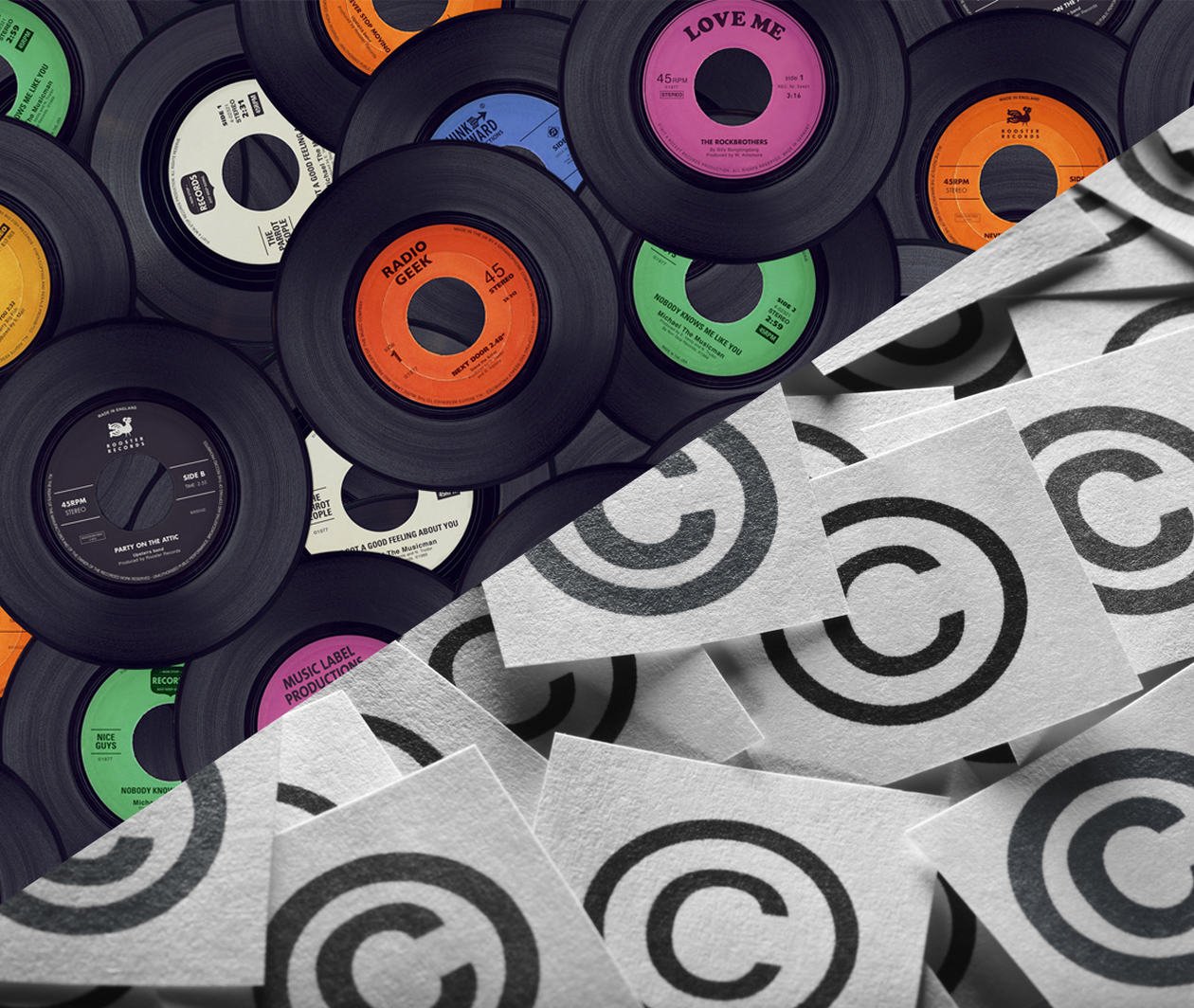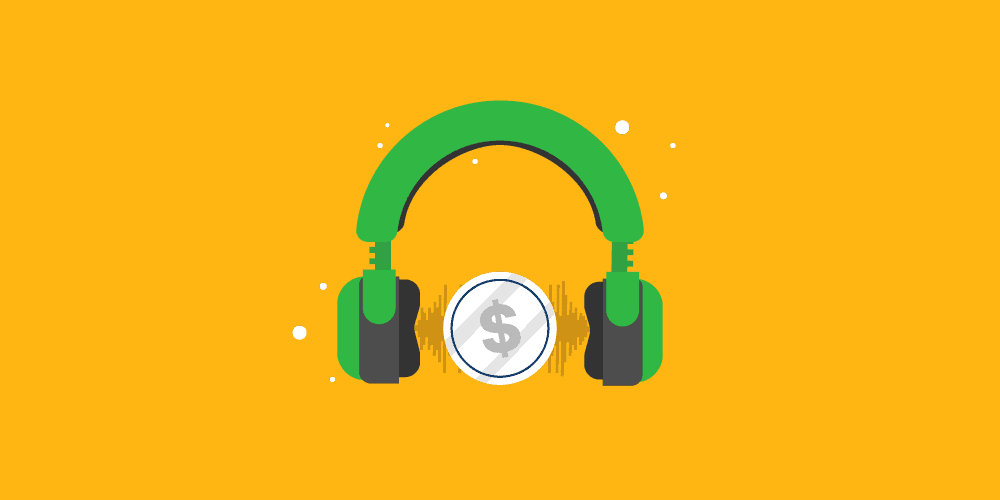Music Copyright Registration
1710Media provides Copyright Registration services specifically tailored for the music industry in Nigeria. We simplify the process of protecting original musical compositions, lyrics, sound recordings, visual arts, and audio-visuals.

Don't leave your Music unprotected: Join the ranks of successful musicians who have placed their trust in 1710Media for Copyright Registration
Copyright registration is more than simply a formality; it is your defense against infringement lawsuits. By selecting 1710Media, you are not only asserting ownership but also orchestrating a powerful defense in Nigerian courts, making the way to justice easier.
The copyright registration process can feel like a complicated tune, but don't worry—we've harmonized it for you. Every detail of the application procedure is handled by our staff of specialized copyright experts who are well-versed in the intricacies of the music industry. While you focus on making music, we make sure your legal foundation is rock solid.
Whether you're a budding star or an industry veteran, our specialized assistance tailors the copyright journey to your specific needs. We don't just register your music; we do it quickly, providing you with the peace of mind that every musician deserves.
Benefits
Copyrighting your music is crucial for several reasons:
What's Included?
Here are the key Features included in our Music Copyright Registration Service:
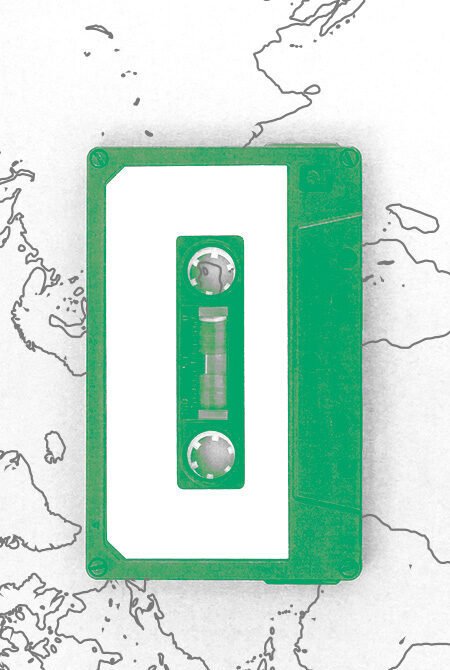
FAQs
Check out some of the Most Frequently asked questions relating to Music Copyright Registration service:
Copyright is a legal right created by the law of a country, that grants the creator of an original work exclusive rights to its use and distribution, usually for a limited time, to enable the creator (e.g. a musician) to receive compensation for their intellectual effort.
In Nigeria, this basket of rights granted by the Copyright Act to copyright owners in musical or audiovisual works and sound recordings are expressly outlined in sections 9, 10, 11 & 12 of the Copyright Act, 2022. The Nigerian Copyright Commission (NCC) is the body charged with enforcing and protecting copyright.
The author of a musical work enjoys copyright throughout their lifetime and for 70 years after death. In the case of sound recordings and performances, the owner enjoys Copyright for 50 years from the time the work was first published.
Copyright registration provides legal protection for your music by establishing your ownership and rights. It serves as evidence of your copyright claim and provides you with additional legal benefits, such as the ability to sue for infringement and seek statutory damages. Registering your music copyrights helps safeguard your creative work and provides peace of mind.
As a musician, you can copyright several aspects of your creative work. Here are some of the elements that you can copyright:
- Musical Compositions: This includes the musical notes, lyrics, and arrangement of a song. Copyright protection extends to the melody, harmony, rhythm, and lyrics of the song.
- Sound Recordings: The specific recording of a musical performance or composition can be copyrighted. This is distinct from the underlying musical composition itself. Sound recording copyrights protect the actual recorded version of a song, including the performance by the musicians and the production aspects.
- Lyrics: The lyrics of a song are protected by copyright as a literary work. You can register the copyright for the lyrics separately from the musical composition.
- Album Artwork: The visual artwork and design of album covers, CD booklets, and promotional materials can also be copyrighted.
- Music Videos: If you create music videos to accompany your songs, the visual and audio elements of the videos can be protected by copyright.
The cost of copyright registration for your music in Nigeria can vary depending on several factors, including the type of work you want to copyright and where you choose to register it. We charge a base fee for the complete copyright registration and issuance of the certificate.
To copyright your music in Nigeria, the following are required:
- Copyright work identification: Title of the music work or sound recording, names of the composers, writers, and performers, as well as the date of creation.
- Copyright owner's identification: Full name, address, nationality, date of birth, and country of residence.
- Copyright work description: The nature of the work, including any unique features, and the form in which it is being submitted for registration (eg. CD, Flash Drive, Hard drive, DVD, etc).
- Copies of the music work: You will need to provide copies of the musical work or sound recording.
While it is not required to have a lawyer for copyright registration, seeking legal advice can be beneficial, especially for complex cases or if you have specific concerns.
1710Media is not a law firm, we are a Music Agency and our staff includes CAC-accredited Chartered Secretaries and Lawyers assisting you with Copyright registration and other Music Administrative services.
When you record a song, you may be creating two works that can be protected by copyright law: a musical work and a sound recording.
- Musical Works: A musical work is a song’s underlying composition created by a songwriter or composer along with any accompanying lyrics.
- Sound Recordings: A sound recording is a series of musical, spoken, or other sounds fixed in a recording medium, such as a CD or digital file, called a “phonorecord.” Sound recordings can also be lectures, podcasts, or other audio recordings.
Even though musical works and sound recordings are separate works under copyright law, you may be able to register them together on a single application with a single fling fee if the copyright owner of the sound recording and musical work is the same.
In Nigeria, copyright in musical work holds for the lifetime of the author and seventy years after the death of the author, while copyright in sound recording holds for fifty years after the end of the year in which the recording was first published.
Check out our blogs and articles on Music Copyright Registration:
